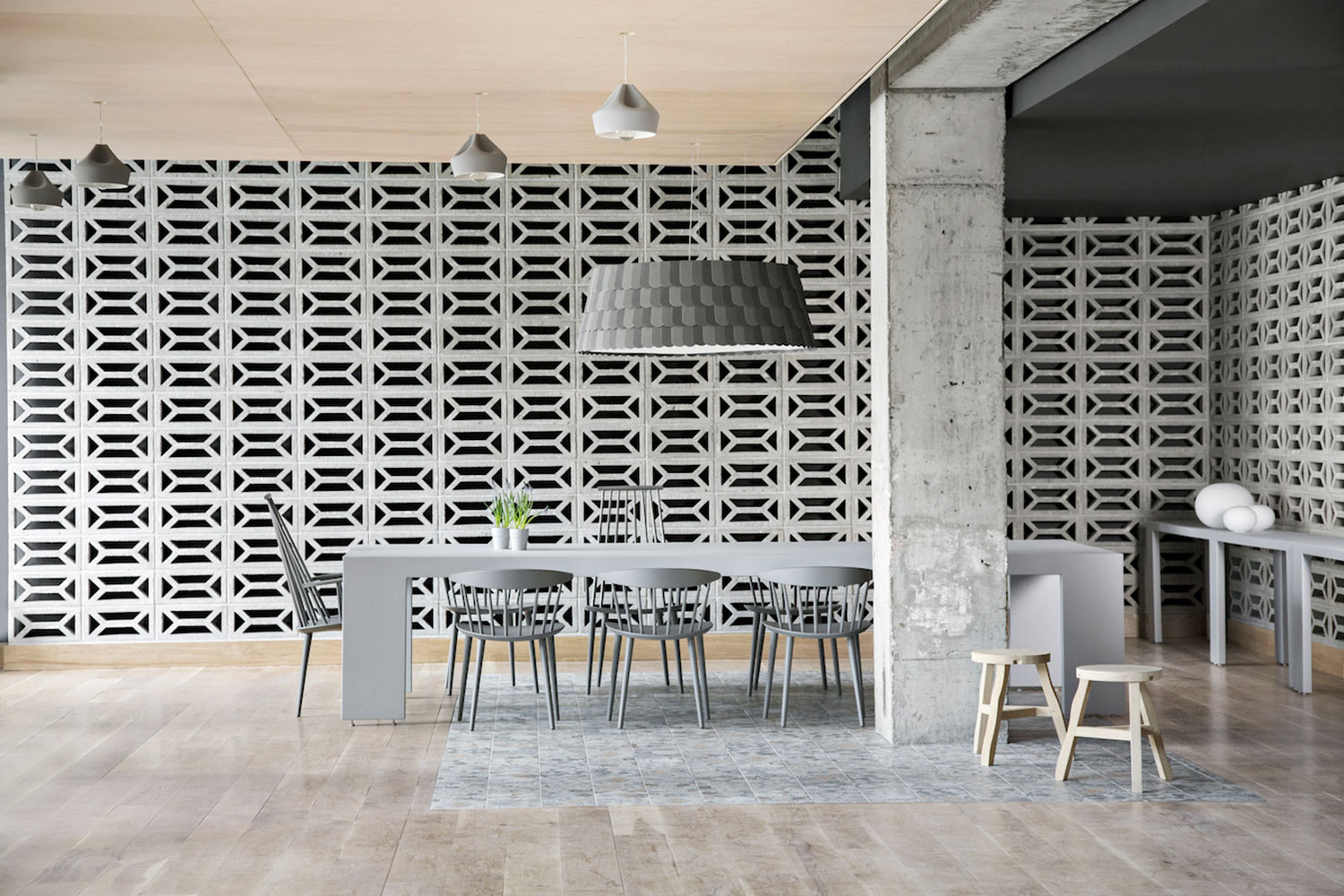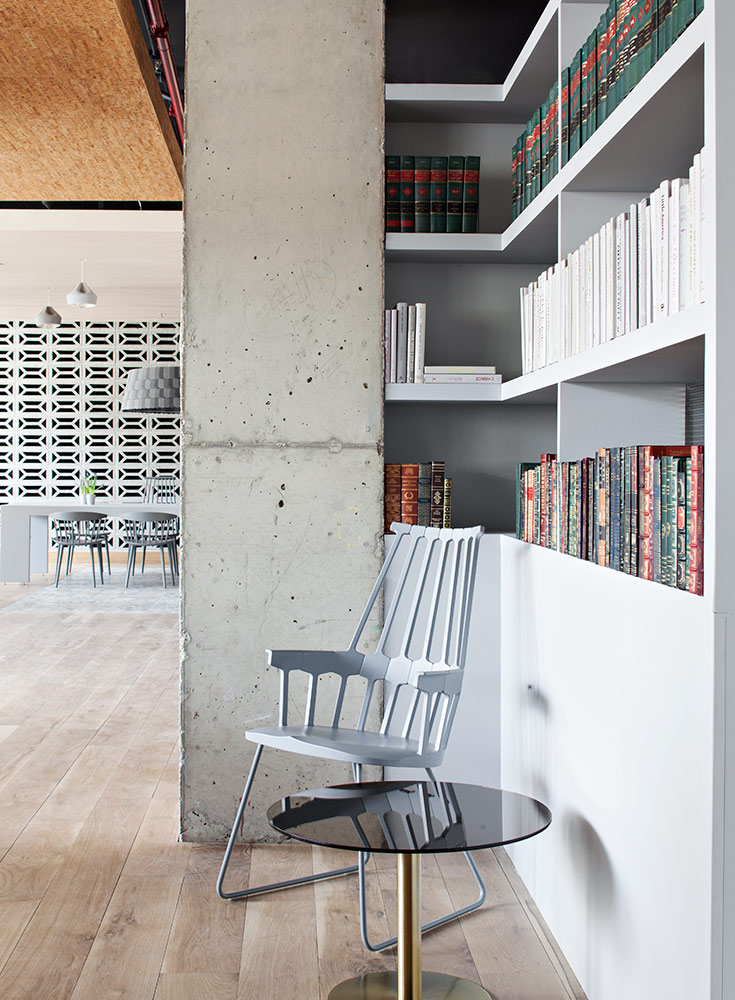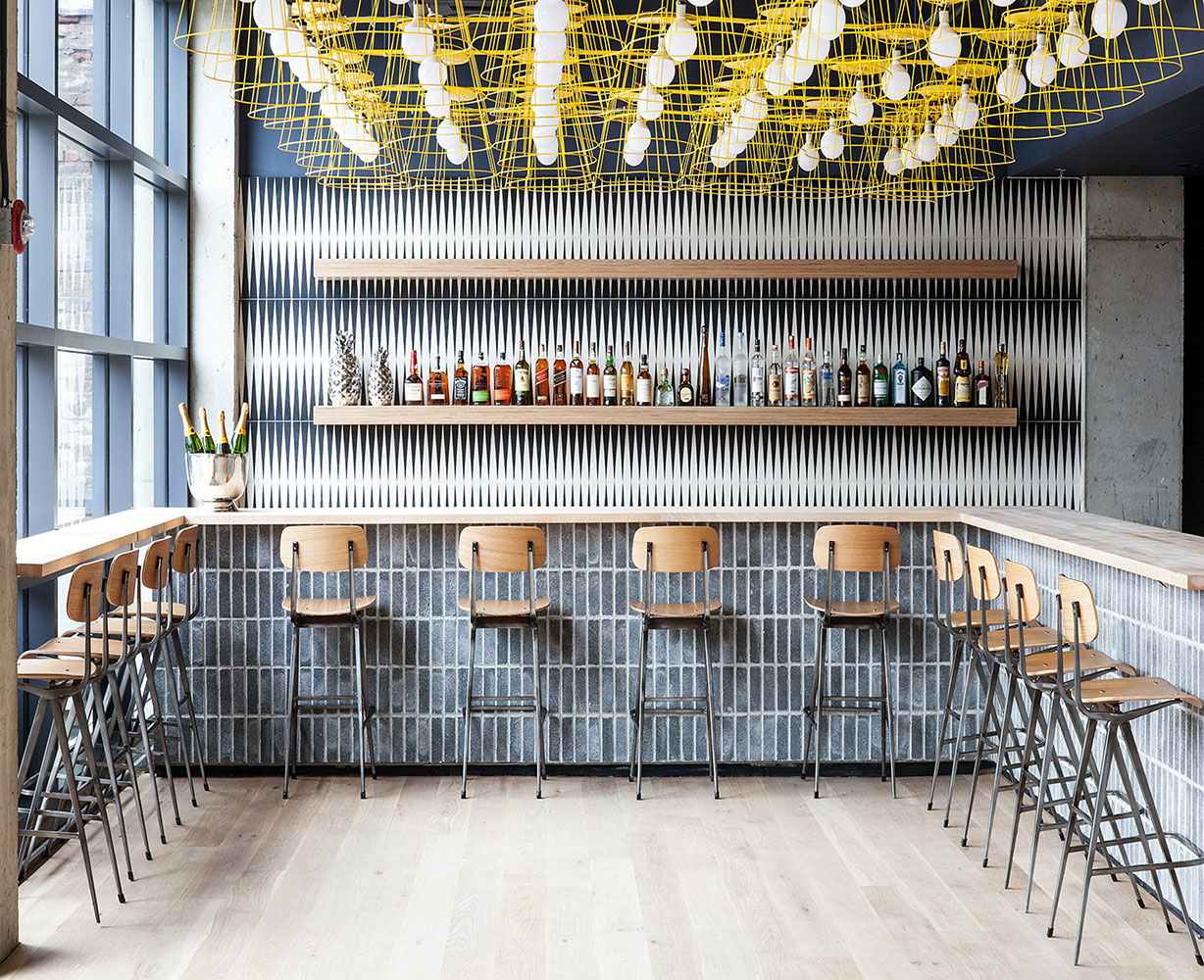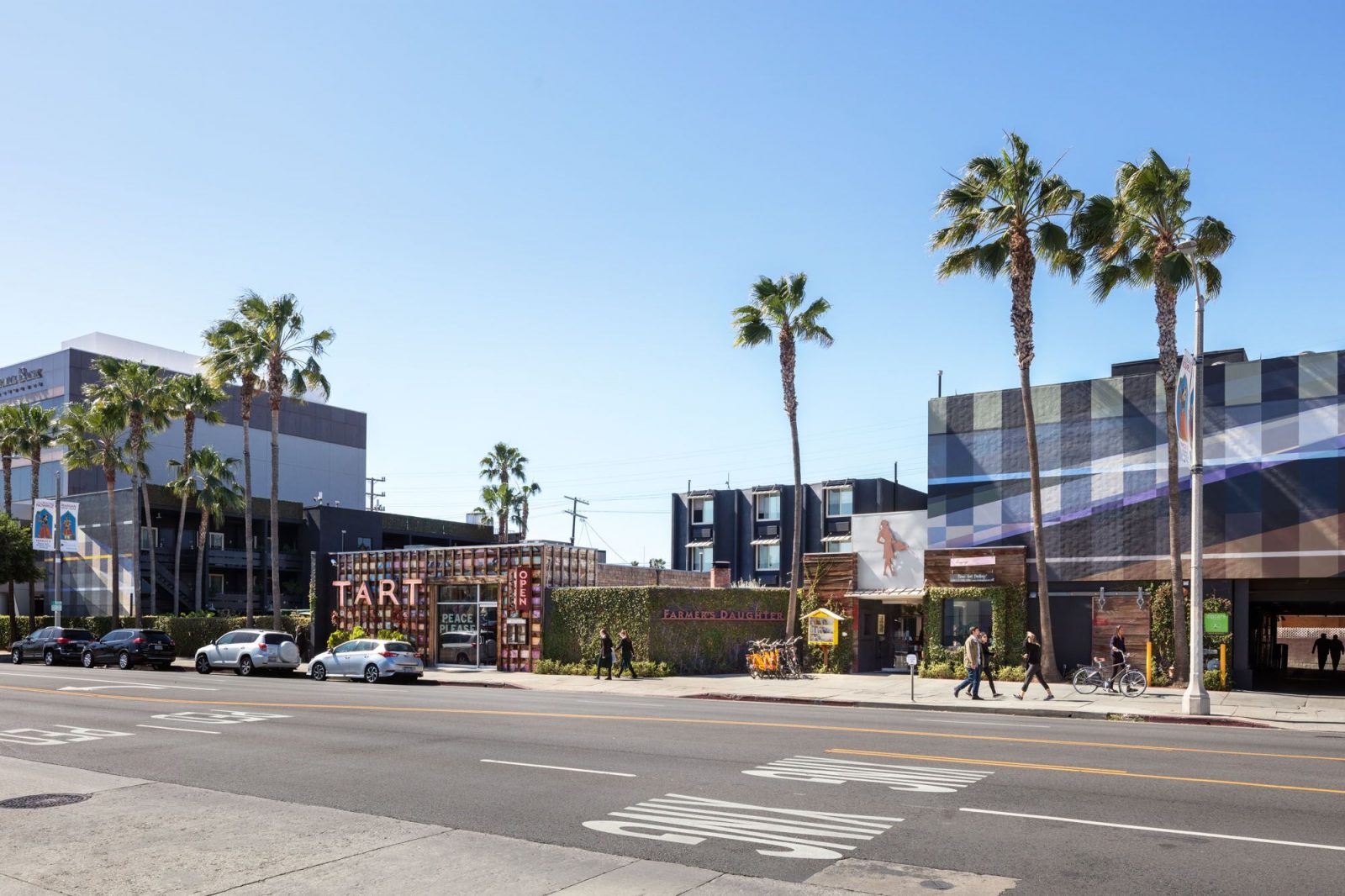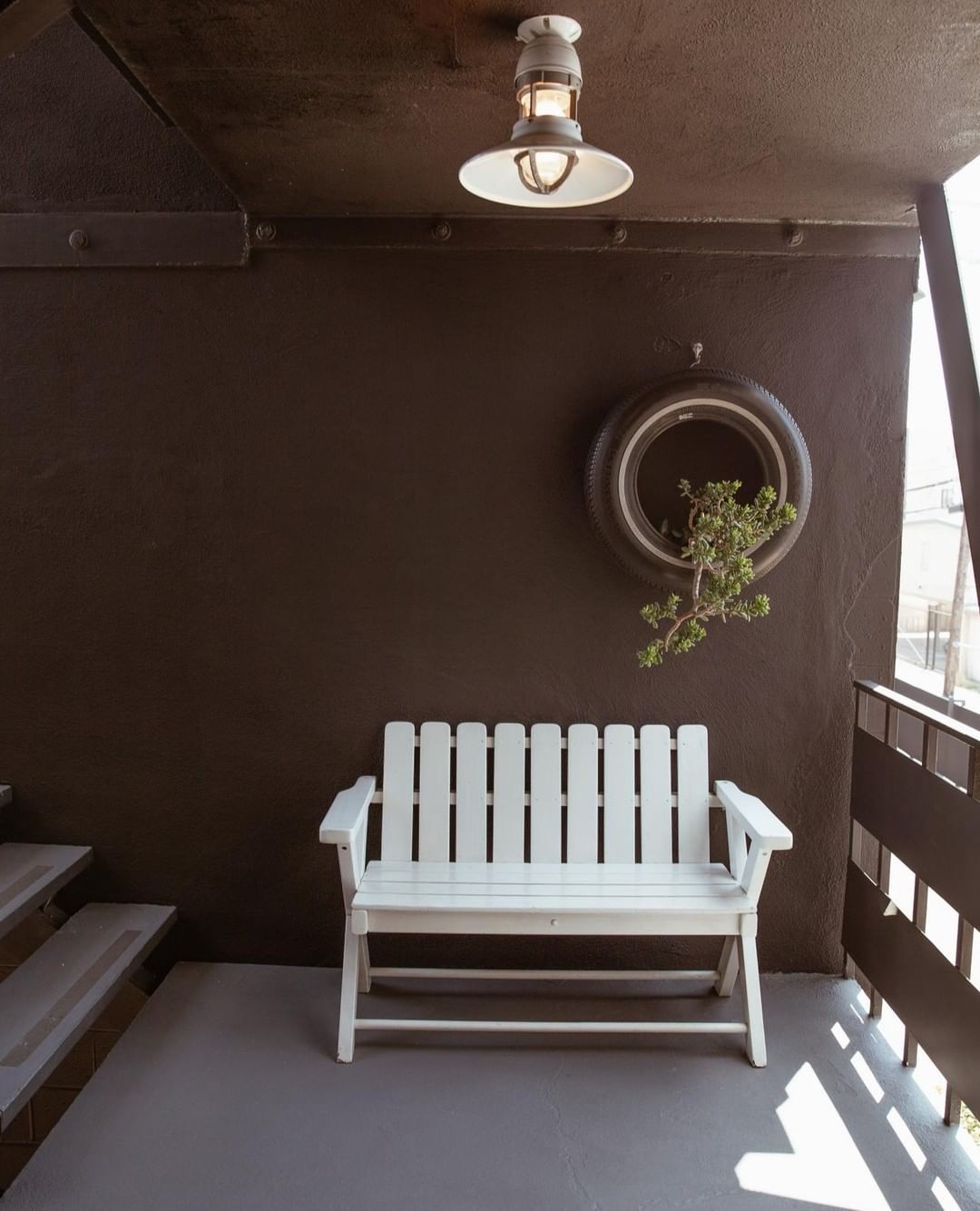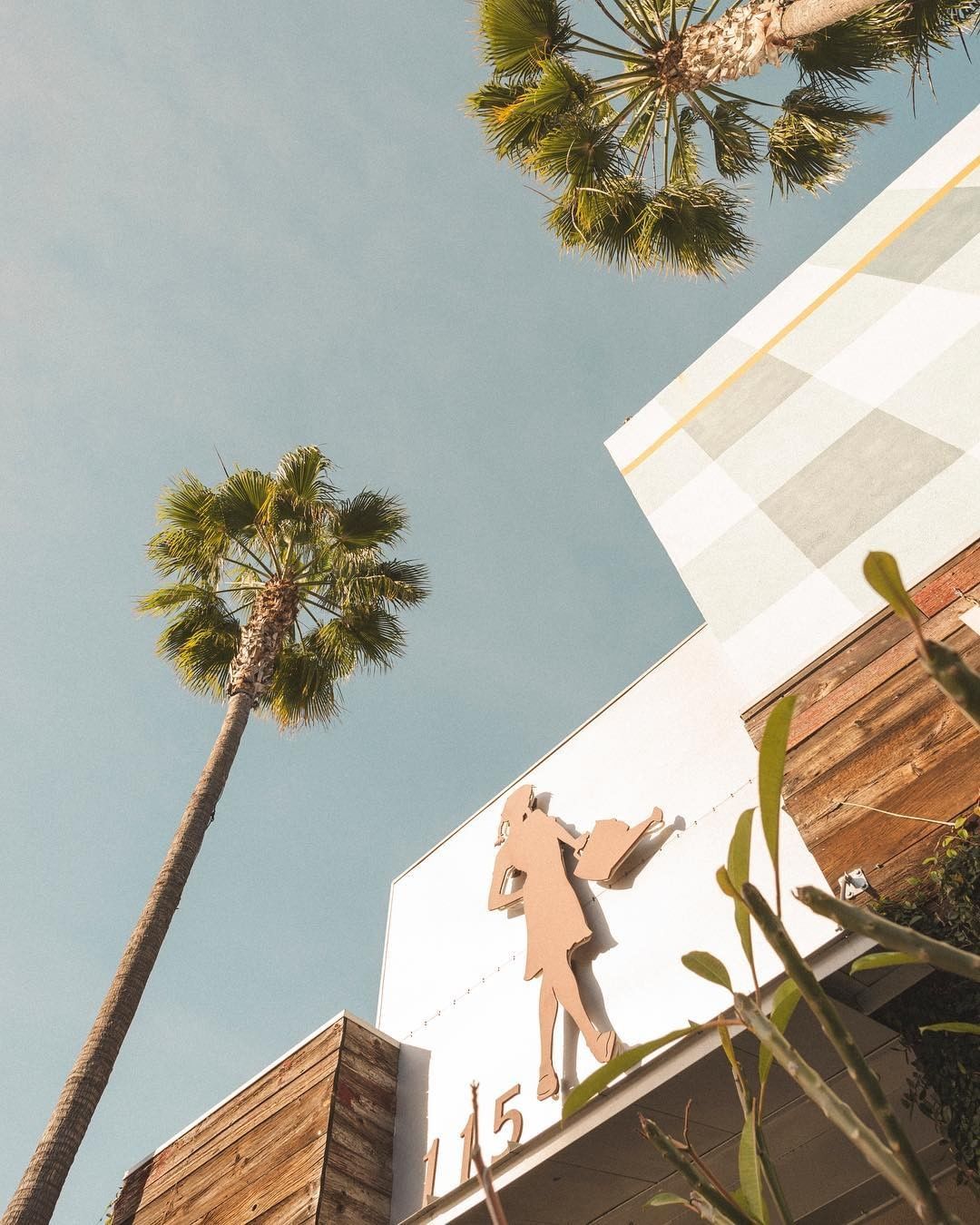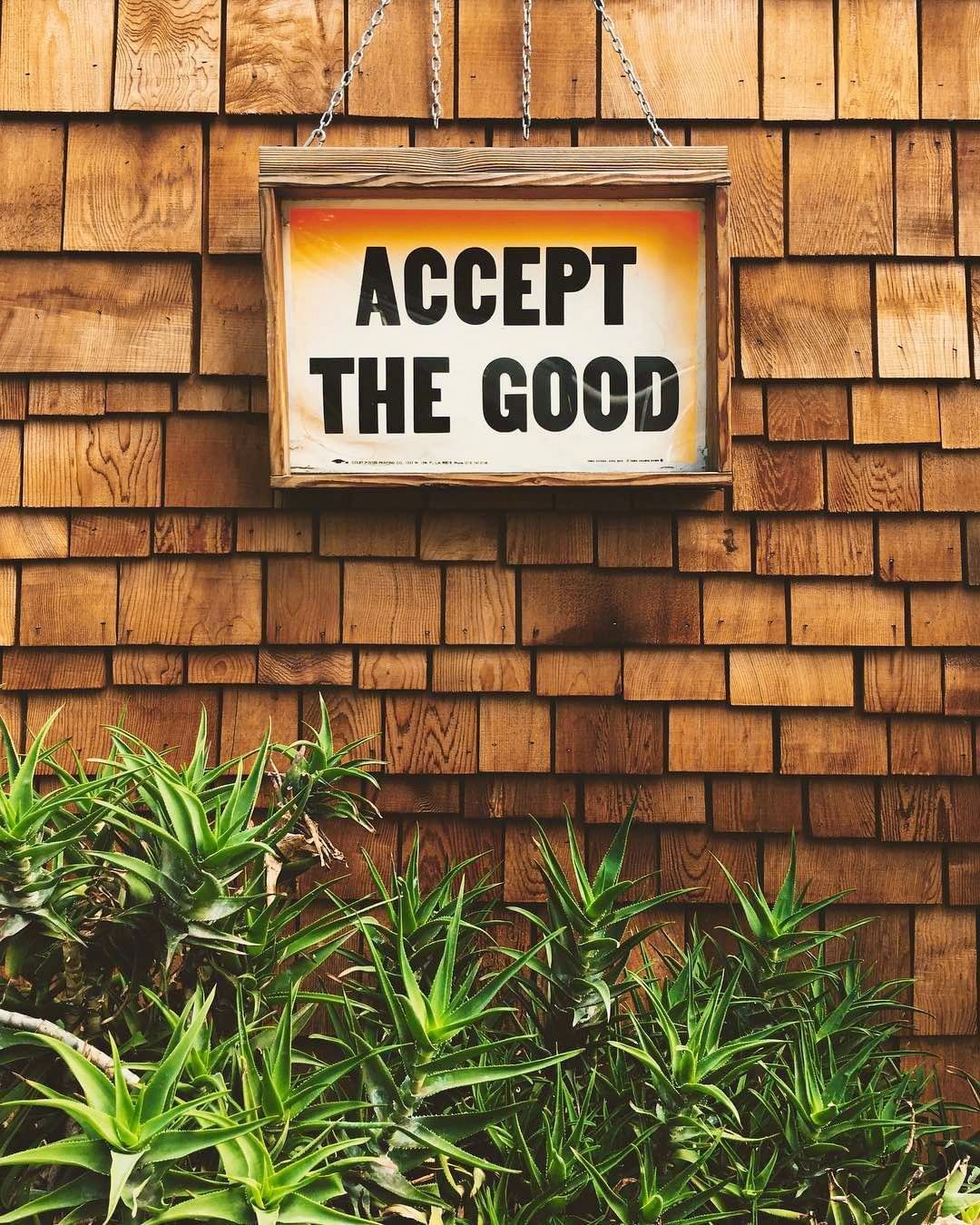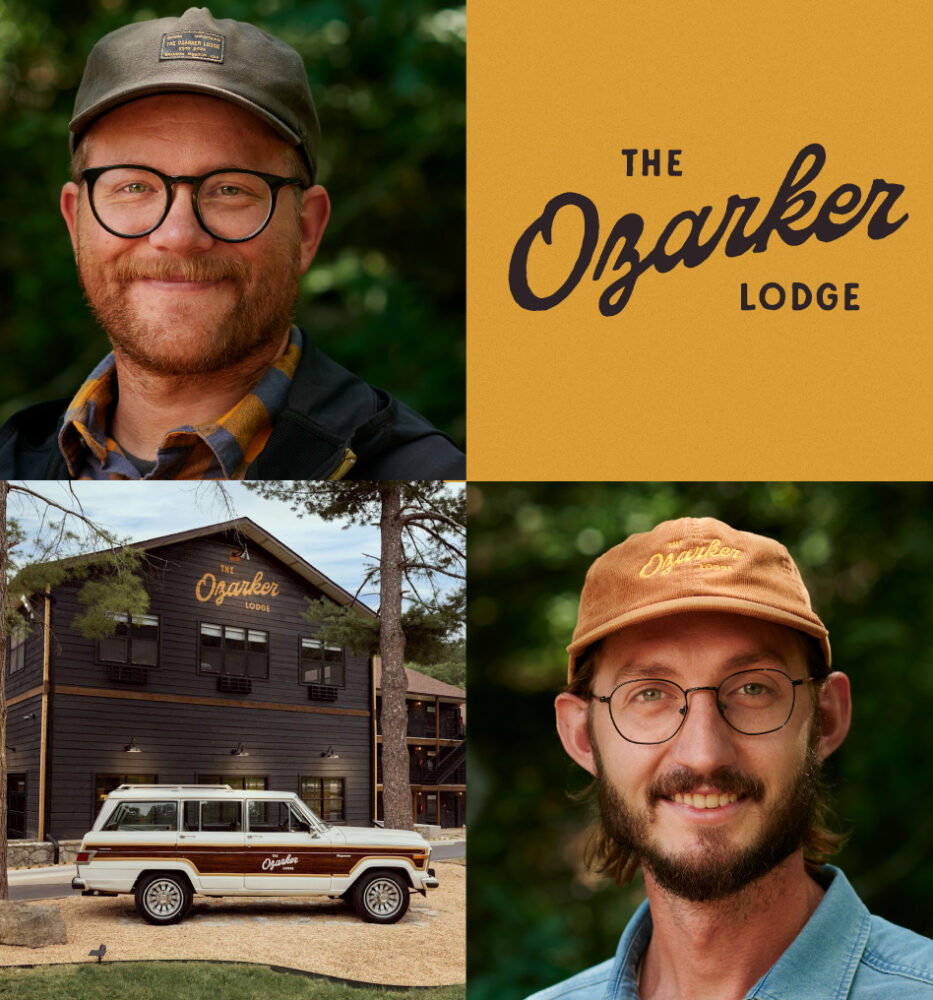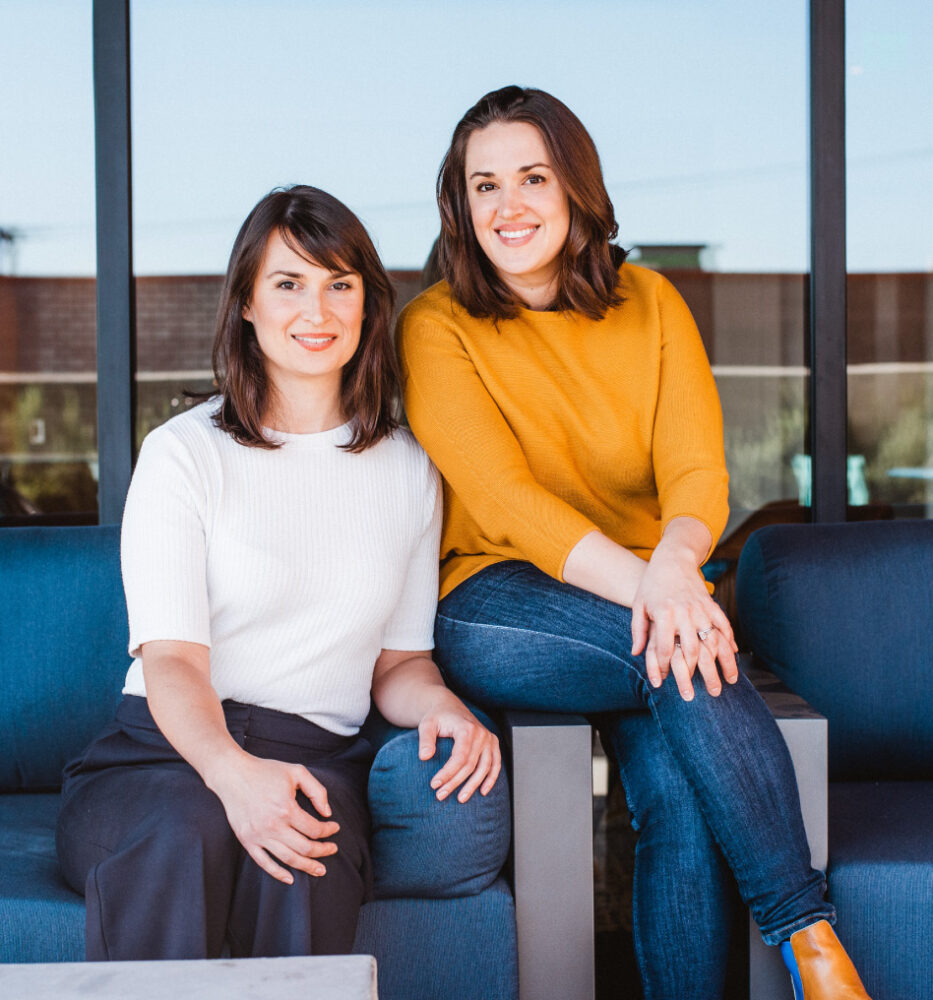Future Hospitality
podcast

#19: Leveraging Technology & Data to Make Smarter Choices: Dury Kim
February 5, 2021
Jeremy Wells: Dury, thank you so much for joining us today. We’re super excited to chat.
Dury Kim: Thank you for having me. I’m very excited to be on.
Jeremy Wells: Yeah. We’ve been looking around at Real Hospitality’s website and just kind of looking at your portfolio of properties and the work that you guys are doing. It’s really inspiring. We thought it’d be great to have you guys on the podcast, kind of chat a little bit more about the methodology and the approach that you guys take to all of your different properties and the success you’ve experienced and the challenges you’ve experienced over the last year, especially. And so it’s going to be a great conversation, I think, and I know that our listeners are going to get a lot of value out of this. So thank you so much for joining us.
I first wanted to just kind of dive in. And usually with our guests, we just like to hear a little bit more about their background, their journey up until now, and kind of what their career path has looked like and how they got into the hospitality industry. Could you share it with us?
Dury Kim: Sure. Actually, it’s quite interesting because not a lot of hospitality people started in hospitality and I’m one of the lucky ones that actually went to school for hotel management and ended up in hotel management. A lot of people in hotels or restaurants and et cetera are from different backgrounds or different degrees. We don’t have like a really diverse pool in terms of who works for hospitality. But it all started for me really in middle school had. This is really far back, but I as a 12-year-old, I knew I wanted to be in hotels. I was very inspired by a documentary that I had seen. I don’t even remember what the documentary was called, but it followed a student who was in a hotel school program and she was doing like a rotational internship. And I was like, “I want to do that with my career,” and kind of pivoted a lot of my attention that way. And I think I started doing a lot of internships for free in high school and got my foot in the door that way.
I’ve been in hotels for a very, very long time now.
Dury Kim
One of the lucky ones to say that I really enjoyed it from day one and then got into a hotel program. I went to Penn State for that, which is my alma mater, which I’m very happy and proud to be part of, in terms of their alumni network. But from there, I was continuing to intern, and again, got my first revenue role as an intern in New York at a Time Square property, quite large, boxed right there and got exposure to what revenue management in a New York City environment was like. I think that was a big benefit for me and it really helped me pivot my career in terms of I want to do this going forward. I did try out other internships, of course, in college. Like they make you do rotational ones. But this really stood out to me in terms of how I wanted to like really structure my future around. I’m a little bit of a Type A personality. So I really looked into those. I really said, “Okay, this is what I want my career path to look like.” Obviously, a lot has changed since then and in terms of the revenue function and the role has changed and pivoted a lot. But I’m very happy to say that I haven’t really made too many tangents or anything like that. I’ve been in hotels for a very, very long time now.
So that’s how I got here in terms of Real. I mean, I worked for management companies and then really tried to find something that aligned with what my vision was going forward and landed here at Real.
Jeremy Wells: Yeah, that’s awesome. I’m trying to think back when I was in middle school and I don’t know if I was planning out my career path at that point. It’s really cool to hear that. What was it in middle school? What do you think it was you saw? You said you watched that documentary. What do you think it was that kind of drew you to the hotel scene, I guess? Was it something aspirational or something just like you were motivated by it? Or what do you think it was?
There’s something for everyone.
Dury Kim
Dury Kim: I think it’s a little bit of a mix because culturally and an immigrant’s child, so they always wanted to be me to be like a doctor or a lawyer. So my parents’ angle for me was go to law school or med school. I think that that didn’t really align with my vision and what I wanted to do. Of course, at that age, you’re a little bit more rebellious. I looked at this documentary and I think the biggest thing that came to my mind was, “There’s something for everyone.” I think that like in the hospitality space, there’s a pocket for any kind of personality, any kind of drive, I think. I think that’s what really just made it very attractive to me as a middle school student that if I decided I wanted to do something else, there’s still something in the industry that I could do. So I think that’s what really attracted me to hospitality in general.
Dustin Myers: Yeah. It’s really cool to hear such a direct path to where you wanted to get. So throughout like the rotational internships and through college, what led you to zero in on the revenue management aspect of hospitality?
Dury Kim: Well, I was going to say, I think there was not too many opportunities in terms of revenue management. It’s kind of more of a younger field. I mean, not so much nowadays, but back when I was going in school, I’m like really determining what I wanted to do. There was no real clear revenue management department. It was really a lot of a hybrid of like reservations and sales. So I did start that way in terms of like sales coordinator and then reservations management, et cetera. So it kind of turned into a revenue management role per se. I wouldn’t say like, “Okay, I’m starting in revenue right away,” but really from the bottom of is where I kind of started, front office, accounting. I did a whole bunch of things and I saw that this is more of what I wanted to do in terms of a day-to-day, having a real impact of the hotel’s profitability, et cetera.
So that’s something that I think I could work towards rather than doing, not to disperse anything for other departments, but a lot of the departments have heavy structure in terms of day in and day out versus like revenue management had a little more, I guess, a dynamic role. You can pivot a lot. There’s so much data you can look at, et cetera. So it felt like the least, I mean, not least boring. Fair to say that’s really honest of me to say and it felt like a call to me a little more.
Dustin Myers: Yeah. That’s really neat.
Jeremy Wells: So through all these years from middle school till now and you’ve landed at Real Hospitality and you’re coming up on like a two-year anniversary there, right?
Dury Kim: Yeah. I joined in June, 2019. Prior to that, I was at another management group for about six and a half years.
Jeremy Wells: Yeah, that’s cool. You obviously have a great background and rich experience in the industry. What’s something about Real Hospitality that you just really enjoy? Is it their team, their culture, just their methodology? What are some things that stand out to you?
Dury Kim: A little bit of both. I mean, team for sure is a big one for me because our revenue team is very close-knit. My vice president, Roy and I, we come in at the same time and we kind of did an overhaul of a lot of the revenue team and just really evaluating what people’s strengths and weaknesses are. So we’ve become very close and I’m proud to say, I think like 99% of our team, if you ask them, what’s the great thing about working in management, would say our team. So I’m actually really happy to say that our culture is really great.
We really do have that kind of culture where we all try to help each other out.
Dury Kim
In terms of support wise, any kind of new ideas that we brought to the table was never shut down. Everyone wanted to help support us and seeing how we can better ourselves and the entire company. I mean, Real is still pretty young. It’s only 10 years old. Well, coming on 11. It was founded in 2010. So I mean it grew so quickly. So the culture part of it is still really, really strong. I would like to think that we can’t think like small mom and pops anymore, but we really do have that kind of culture where we all try to help each other out. It’s like a small family. Anything that really sets Real apart is that, yes, we’re driven by profitability, but also we care about our team and our culture really shows that. We’ve had like general managers who’ve been there with us since day one and we’ve had a couple of team members who’ve been there since day one.
So really the culture and the family aspect of it just shine through for Real Hospitality and I think that’s what really sets us apart is just we don’t give up because we all kind of feel personally invested into this.
Dustin Myers: Yeah. That’s really cool to see that you guys have grown so rapidly, that you still feel like you have that close tight-knit team culture. That’s one of the greatest things about working there. So you start your new position with Real, kind of get things established and then a global pandemic hits and kind of turns the hospitality industry upside down. Tell us about that. How did you manage that? What was going through your mind? What things did you have to pivot and adjust in order to keep things going?
Dury Kim: Yeah. I mean, everything happened so quickly, especially with the pandemic. I mean, I had taken vacation right before they shut down the country. I’m glad to say I got something in, but I got back from vacation, they’re like, “Everything’s shutting down.” And we really had to be very quick to action in terms of what we shift in terms of like how we deploy and what data are we looking at because a lot of people can say a lot of data has become a little redundant or a little more irrelevant during the pandemic when all we’re seeing is cancellations. Obviously, we’re not really looking at pace data, right? Pace data is still relevant going forward. Like how is it looking in terms of every time there’s like a new restriction in place or what have you?
The biggest pivot and change we had to make is reporting.
Dury Kim
I think the biggest pivot and change we had to make is reporting, our structure of reporting this, very, very data heavy, but relying a little bit more on technology, putting in like revenue management systems or financial reporting systems. So that we can see the data real time faster and make decisions quicker. So for us, I think the biggest thing is being able to make a decision fast has been our biggest pivoting point, whereas we kind of used to know the markets that we are in, everything kind of follows the seasonalities, et cetera. Like especially New York, I mean, you know when all your city-wides are hitting, you know when all the peak periods, the external compression drivers, internal compression drivers. But without all of that, we’re kind of starting from bottom up.
So we kind of reevaluated what’s important for us. So going forward, we look at this data is not important right now. I mean, it doesn’t mean it won’t be later, so we still continue to look at the data, but not as heavily. And then really just looking what’s providing us value and what’s solving our problems. So one thing that we’ve noticed is that our time had been stretched pretty far. I mean, with the changes, we’re not immune to this, but we’ve also seen a lot of changes in terms of deployment as well in terms of our management team and our structure. So really time management, it was a big thing for all of us to learn, especially being at home too, not having your team in a cluster environment to turn around to and go like, “Hey, are you guys noticing this?”
So really just the onesies, twosies in terms of minutes and hours that we get and we put into reporting, we’ve now invested into like technology to provide that for us so that we can make the decisions faster. So, I mean, there’s a lot of pivots that we’ve made and like a lot of time management and efficiencies that we had to make for the pandemic. I would love to say this is probably something that’s going to continue. I think that technology is something that we have been really just looking at in terms of our stack and seeing what’s providing us value, what’s not, what problems we have, is this solving our problem. I think the biggest thing is, is it giving us two minutes back in our day? Is it giving us the data that we need in a quick way? Just in general, just having to be able to make the decisions quick enough is like the biggest pivot for us. We’re not having the layers of, “Hey, what do you think of this rate?” Or like going back and forth. It’s like you make the decision now and you roll with it.
Dustin Myers: Yeah.
Dury Kim: That’s the biggest shift. I mean, in terms of the entire company, all of us have become salespeople, right? We’re not only relying on our sales and marketing or revenue teams to find us some money. I mean, we are looking at everything. We’re looking at our ancillary revenues. We’re looking at, “Hey, are we utilizing our kitchens? Can we do ghost kitchen concepts?” Like really looking at the entire operation and seeing how we can drive profitability and not just reliant on the rooms portion. So I think that’s been the biggest pivot is everyone’s now a sales manager and everyone’s now a revenue manager. The team has been great in terms of our operations team. Everybody understands that and has pivoted really well. And I think that’s really calls to the success of the properties is really driven through the team cohesiveness and the synergies between.
Jeremy Wells: Yeah. I think, historically speaking, I think the hotel industry has been kind of seen as slow to move for the most part. So being uniquely situated as you guys were and prepared for a pandemic that no one really expected, I think having those processes in place, having that technology in place, the efficiencies already in motion, it sounds like even though you guys definitely probably had to make some pivots and changes, having that reporting in real time, that data in real time, being able to shift quickly, it sounds like it was something that wasn’t as big of a shift as it maybe were for other properties around the nation that maybe didn’t have those processes in place already. It’s pretty awesome to hear that. I’m curious, you guys have quite a few properties. How many properties does Real Hospitality have total?
Dury Kim: Well, in operating and pipeline together, I believe we’re just over a hundred.
Jeremy Wells: Yeah.
Dury Kim: Yeah. I mean, we’ve grown incredibly quickly from 2010. I mean, we picked up about 20 to 25 hotels each year. I mean, the pandemic, there are hotels that have closed doors and what have you, but we haven’t stopped picking up hotels either. So that’s a really true testament to how hard the team is working and really making a good, I guess, stance in the industry and just terms of like how we’re able to put business into the properties or how we’re able to really look at the expense lines and reevaluating what’s necessary and what’s not. Yeah, I mean over a hundred hotels and we’re only in year 10. That’s pretty impressive. I’m actually quite shocked myself. I was looking at the number and I was like, “This is a lot.” I mean, no wonder we’re always busy.
Jeremy Wells: Yeah. And through the pandemic, recently I know we chatted before, even the recording here, and you were saying that your portfolios, most of it, a large majority of it seemed better than the comp set too, which is a huge testament to what you guys are doing.
Really honing in on what the basics is and what our customers care about
Dury Kim
Dury Kim: Oh, my God. I’m really grateful. Our team has been working really hard. I mean, like I mentioned, the most successful of those properties are the ones that everyone is on board and everyone’s team revenue and team sales, those are the ones that are faring better. I mean, some of the more successful hotels, our operations teams are finding us the wins. They’re saying, “Hey, we had a guest check in for like 30 nights and he’s from X, Y, and Z company.” We rely a lot more on traditional sales, I’m going to say. It’s more of the personal connection, going back to the roots of actual guest services too, just making that connection with our guests too. I mean, it’s incredible that even with the scale that we’ve had and the footprint that we have that our hotels are faring a lot better than our competitive sets. I mean, some northwards ranging like indexes as over like a thousand in some markets. They’re actually doing quite well for themselves, I mean, relatively speaking, right? Everyone’s at a decline. But I’m actually really proud to say that our team has been able to fare a lot better and just really honing in on what the basics is and what our customers care about.
Jeremy Wells: Yeah, definitely. With all the properties you guys are managing and the success you’ve had, even in spite of everything that’s happened, what are some insights or just takeaways, I guess, from managing all of these properties? I’m imagining you guys have some takeaways for other hoteliers as far as how to make their way through the rest of this pandemic. Hopefully, it’s short-lived through this year and hopefully it recovers. But as that recovery goes through, and you’ve even touched on some of these already like the tech that you’ve integrated into your properties and in revenue management and things like that. But do you have any other insights or takeaways from this last year that you think are going to be important for hoteliers moving forward?
Dury Kim: Yeah. I mean, for sure, I think we’ve all gotten pretty used to looking at the short-term because all of us have been observing very short booking windows and what have you, but I think now is the right time to start looking forward and really evaluating, “Hey, what does my booking pace look like? What does my transient pace look like?” Or going forward, et cetera. “What channels are moving for me?” I mean, again, like traditional revenue management, but plus extra, you got to listen to the customer side too. I mean, there’s so much consumer behavior that has been altered post this pandemic that we really have to be in tune with. I mean, going forward, a lot of these hotels that used to be no pet policies are now pet friendly. I mean, there’s a lot of things that have pivoted and you have to really find that competitive and strategic advantage for your own individual assets and your own companies and really understanding who’s traveling to my hotel, why are they traveling, is this important to them, like what are they requesting on the hotel level. Those kinds of things are really important because coming out of this everyone’s mentality has shifted a little bit. I know for sure that mine has. I mean, I’m probably going to look at a lot of people’s cancellation policies going forward. It’s the nature of the beast, right? A lot of behavior has changed and really knowing who your guest is and knowing who’s coming in and what they’re requesting is really important, not just from an operational stance, but also in terms of your or revenues, right? Like you’re going to have to reevaluate what your target audiences look like, what your search words look like going forward. So just understanding who your customer base is and how they’ve changed so that you can properly pivot as well is probably going to be key.
Dustin Myers: Yeah, absolutely. I’m curious from your perspective as an analyst and revenue manager, are you anticipating a rebound at some point this year or is there a general consensus as far as when we think we’re going to start to see more normal travel patterns come back online?
I look at the data and what the data and the behavior is telling me
Dury Kim
Dury Kim: I’ve tried nowadays more so not to make a generalization, but I look at the data and what the data and the behavior is telling me. I mean, definitely this year is a recovery year. I’m not going to say it’s going to rebound to normal 2019 levels right away, but there is this will and want to travel. I mean, if I’m looking at a couple of our hotels, like some of the longer weekends, especially like the holiday weekends like 4th of July or like Labor Day, I have seen a lot of interest and a lot of traffic through those particular dates. Outside of that, it’s very little. So like the data is not telling of there’s this really strong will to travel and rebound. What I’m looking at is there’s a lot of currently leisure shopping going on and a lot of people do want to travel, but they’re looking at the pockets of days they can and when they feel it’s safe.
Right now I’m seeing the consumer behavior and their confidence is returning post Labor Day, but everything can change in a minute. We’ve seen in the past year, like one restriction can lead to five of the drive-by markets or drive-in markets tanking in terms of like year over year changes, et cetera. So I mean, it can pivot, but the data is telling me though that people do want to travel. They’re searching more over the leisure period right now. It’s just a matter of when everyone’s confidence returns.
Jeremy Wells: I love that you’re making some predictions based on the data and things like that. I just read a travel and leisure article the other day that was predicting what 2021 will look like according to psychics. So I think that you’re in a much better spot there.
Dury Kim: I mean, hey, a lot of people are like putting a finger in the air and going like, “Okay, it’s going to happen.” Not going to happen, but we just have to look at what the traffic patterns look like. I mean, a lot of the airlines have said summer months more traffic, not enough conversions, but they’re seeing a lot more shopping going on.
So as a consumer, like confidence returns, we’ll see the consumer behavior start to show more of a trend. Anything that’s when we can safely say, “Okay, we’re going to have like a rebound.” But as of now, it’s just still in recovery. We’re still seeing pockets of dates have a little more demand, but not nothing to this extent where I’m saying, “Okay, by the end of this year, it’s going to be back to normal.”
Jeremy Wells: So you mentioned that you guys have some properties, a number of properties right now in the pipeline as well. What this data that you’re gathering about some of the future insight and looking at the past as well and some of the consumer behavior changes? Has that affected anything around the pipeline, like a timeline or the approach for a certain property? Or can you speak to that a little?
Dury Kim: Yeah. I mean, for the pipeline, a lot of it has been pushed back a little bit in terms of, I think, more so construction and permits and et cetera has been pushed back. So I wouldn’t really say it’s because of these consumer trends or et cetera. It’s more driven by the whole construction piece of it. So I can’t really say for sure that it’s because of that. I mean, there are things that we are looking at in terms of, “Okay, we’ve put out initial bid or we’ve put out initial raise reevaluating that,” relooking at, “Hey, we initially said our opening policy will be this in terms of cancellation.” Just reevaluating what we would do our due diligence for any other open asset as well, but I wouldn’t say that we delayed opening because of what we’re seeing in the market or we’re pushing opening forward or anything like that. It would just be wrong of me to say, I would say that, but it’s more so like the construction piece and like really being able to get inspected, et cetera. That’s been delayed because of the pandemic.
Dustin Myers: As far as like the other new developments that you’re seeing throughout the industry, are there any trends or types of properties that you think are getting more attention now based on what we’ve seen, learned through all of this?
Dury Kim: Yeah. I mean, this is a good question. We’ve noticed a bit of a shift in terms of what kind of properties are faring better than pre-pandemic. We’ve had a couple of our longer stay or extended stay assets. They’re actually coming out better from this because in a traditional market, let’s say New York City, very short-term bookings, right? There’s not a lot of extended stay appetite, but now people are looking for those apartments-style hotel rooms. They want the kitchen that’s in the rooms. They want it to be furnished, et cetera.
I mean, because of the shift in the customer and like really looking at who’s traveling to frontline workers, et cetera, they’re benefiting a little bit more of being able to get a little bit more of that rate because they have those extra amenities. I would say the ones that are doing well in terms of an independent perspective is also amenities, right? A lot of people in a market where your rates are pretty flat across the board, I mean, pretty low abysmal rates right now, that’s important to people like, “What is on a property that I can get here that I can’t get elsewhere?” I mean, people are very in tune as to the differences between an extended stay property versus like a select serve where extended stay has pretty much the same amenities as a select service, but they have the kitchens, the kitchenettes, they have the microwaves, they have the fridges, et cetera. And then like for independence is, okay, is there a fee? Is there a curation fee or a facilities fee or urban fee and what have you? That’s really important because there’s a difference there because now there’s expected value. And then seeing like, “Okay, are they providing me breakfast? Are they providing me a late checkout, et cetera?”
Those who are making a bigger splash … are the ones who have … more involvement in terms of [knowing] who their guests are and what they want.
Dury Kim
So really just a value add-ons have become a little bit more of a focus in terms of like who’s extra successful. I mean, that’s all relative, right? Success is a little relative. But those who are making a bigger splash per se are the ones who have a little bit more involvement in terms of who their guests are and what they want and understanding that.
Jeremy Wells: Definitely. We’re definitely seeing the same thing as far as how those amenities and the unique selling points of a property in tandem with how a property is being positioned, especially in the independent space. How they’re positioning themselves in that market has been and continues to be very important for their success. So it’s really cool to hear that. As far as the future, obviously, there’s a lot of unknowns in the hospitality industry right now. But what are some things, whether it’s with Real Hospitality or just in your own career or anything, what are some things about the future of the hotel hospitality and travel industry that you’re excited about?
Dury Kim: Well, coming out of this, I hope that hospitality will be a little more tech friendly. I mean, you’ve mentioned this earlier, but I cannot echo the sentiment enough that I think that hospitality is really behind the eight ball when it comes to technology. I mean, we have hotels still using like code in your systems. That’s how far ways we’ve come in terms of digital impact as well. Right? Like going forward, what is valuable to us is consumer behavior and like how we can learn and how we can pivot our strategies from it. And I think that the reliance on technology shouldn’t be a scary thing. It should be a supplemental thing, like really being able to make decisions off of the data rather than like a personal feeling. I think going forward, that’s what I have to be excited about, really just being able to back it up with proper math and also looking at the technology to help in terms of giving back the hour of your day so that you can do proper strategy, et cetera.
So technology is one that I’m really looking forward to. I hope that going forward people are a little more open to it, especially at post-pandemic. A lot of people have been looking at technology stacks a lot. And then also really getting back to the basics of taking care of your guests and your customer I think is going to be something of a focus going forward. And that excites me because at the end of the day is really we’re in the industry of hospitality. It’s about the people, it’s about our guests.
Dustin Myers: That’s awesome. Yeah. It’s about the people. It’s about the guests. I think that puts a nice bow on the end of just kind of everything we’ve talked about. I agree. I think the technology aspect of this industry has a lot of really cool room to grow. And I’m excited to see how all of that evolves. I think that we’ll even have some benefits coming out of this downturn. So I think that as long as we have open minds and creativity on how we move forward and tackle some of this stuff that we’ve got a much brighter future ahead.
Jeremy Wells: And I don’t think we’ll have to worry about psychics taken over predictions anytime soon.
Dury Kim: I hope not. I mean, unless they have data to back it up.
Jeremy Wells: Yeah. True.
Dustin Myers: Well, thank you so much, Dury, for your insights and just sharing what you’ve learned through this. I know it’s been extremely interesting and I think our guests will find it helpful.
Dury Kim: Thank you so much for having me. It was a blast and I’m looking forward to the future of hospitality as well.
Jeremy Wells: Awesome. Thank you so much, Dury.
Dustin Myers: Thank you.
Dury Kim: Thank you.
